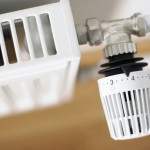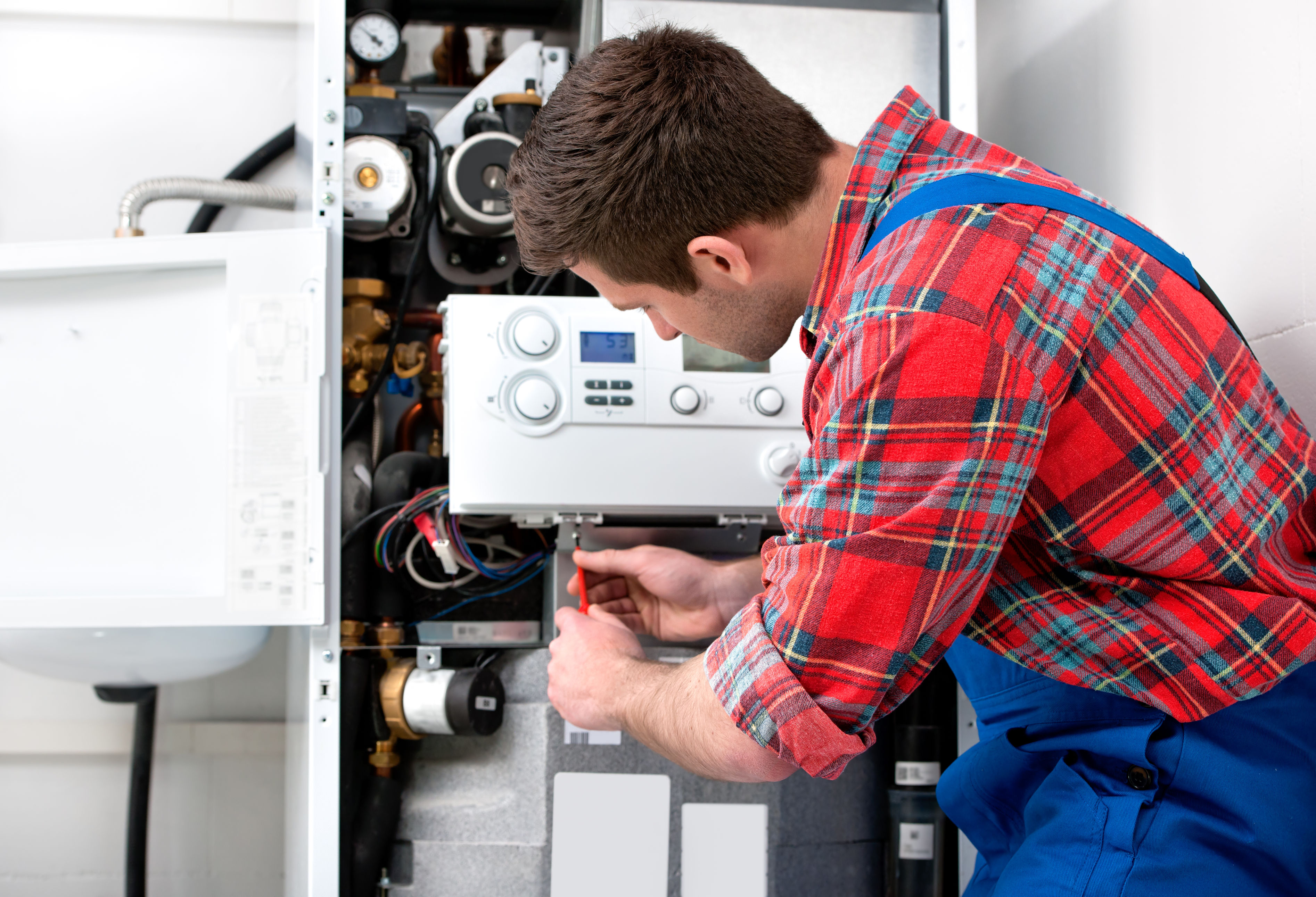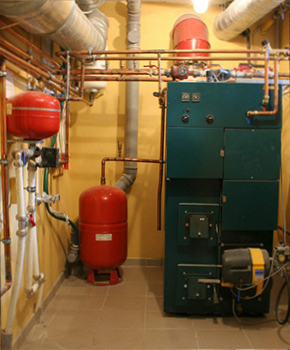Any home built in a part of the country that experiences four seasons will have a heating system of some sort. Most homes are built with a central heating system, a furnace is normally located in the basement; the heat is generated in the central unit and moved by forced air through ducts that go to each room. These furnaces are normally using natural gas, propane, oil or electricity as their fuel. Although these central units do warm the entire home, they are actually far from the most efficient source of heat.
In many homes, regardless of the type of primary heating system they have, there are usually efficient home electric heaters available to use when you do not want to heat the entire space or even when the room you are in is a bit chilly.
Many modern homes are heated with electricity, often using cables under the floor. Although this provides an even heat, as these designs are difficult to insulate properly, there is significant heat loss and with the ever increasing cost of electricity, they are not efficient to run.
Perhaps the most efficient home electric heaters are hydronic. These heaters use electricity, but they use it in a most efficient manner, they create heat and then slowly release it. The way they accomplish this is not new science, the technique goes back to the days of hot water heating and cast iron radiators. Today, the units have been scaled down until they mount very neatly along the baseboard of the room.
There are two ways in which these home electric heaters can be installed, permanent and portable. When they are permanently installed this is done when the home is being built as there is a need to run small bore tubing to and from the individual radiators. The feed is from a central boiler where the hydronic medium is heated and distributed.
The second method of installing efficient home electric heaters is after the fact. Rather than have the units all connected to a central source, each wall mounted heater has an electric heating element which heats the hydronic medium, usually oil or liquid silicone. As the medium is heated, it retains the heat for quite some time meaning there is no need for constant power as there is in a radiant system.


